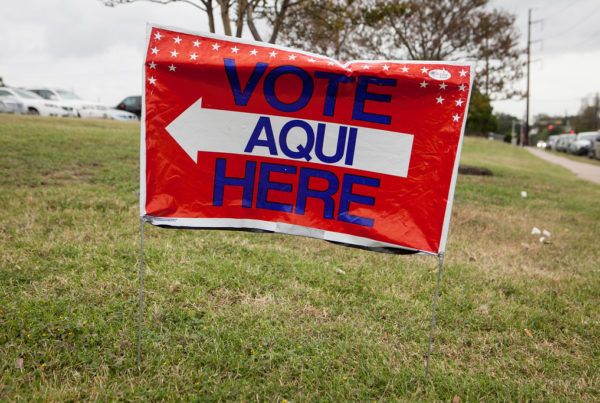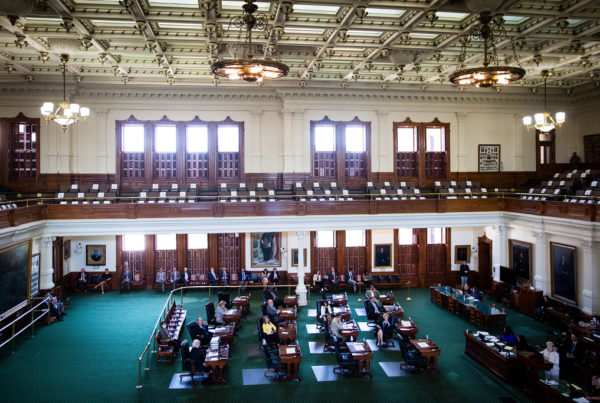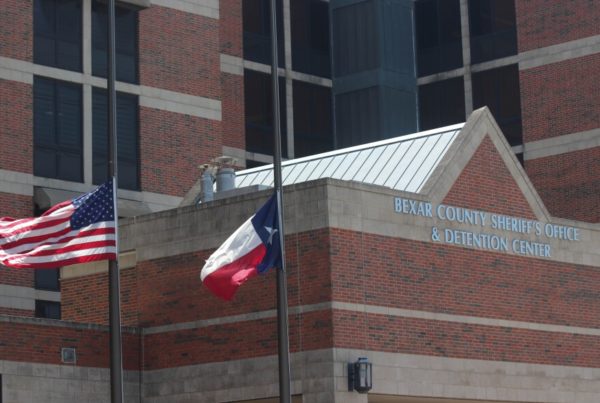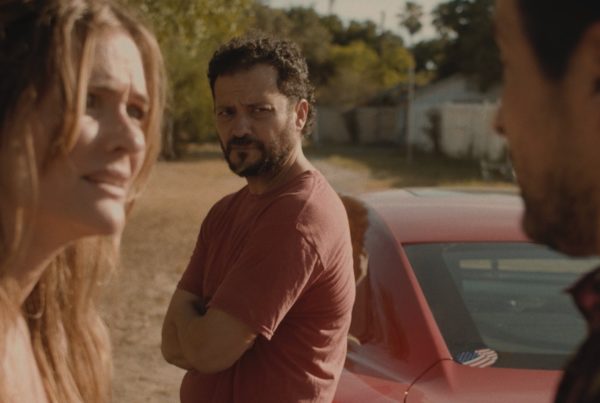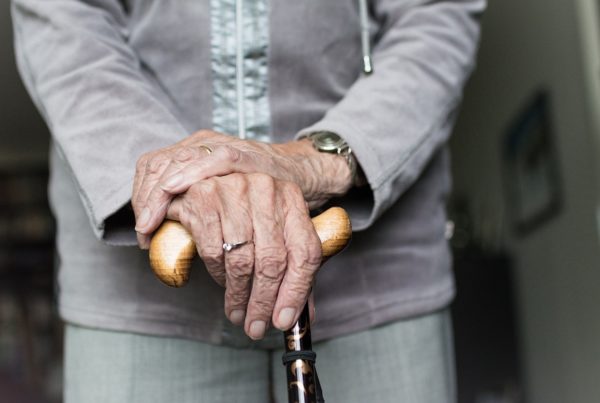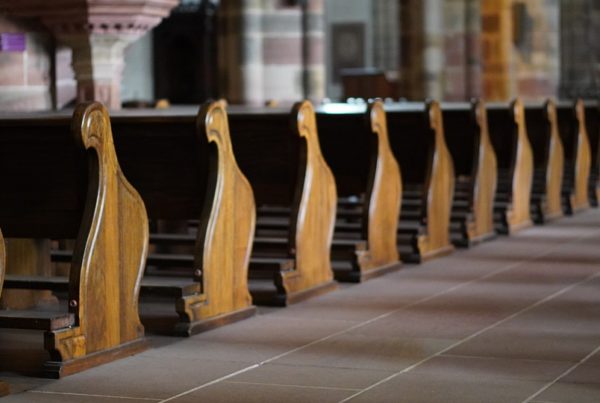A bill that recently passed in the Texas Legislature is complicating the work of teachers tasked with helping kids learn about some of the most difficult and complicated moments in history, and in current events.
NBC News investigative reporter Mike Hixenbaugh has been following the ripple effects of HB 3979 at Carroll Independent School District in Southlake, Texas. The bill requires teachers to teach “diverse and contending perspectives” about matters taught in social study classes. Hixenbaugh followed the bill as part of his ongoing reporting about the district for his podcast “Southlake,” and the conflict there between the district and parents over the degree to which critical race theory is part of public school education.
Hixenbaugh says Carroll ISD recently held a meeting informing teachers about how best to apply the bill’s provisions to classroom teaching. An employee secretly recorded it and gave it to NBC News. In it, an administrator explains that if teachers have a book on the Holocaust in their classroom they must also provide other books with different viewpoints about the Holocaust.
Hixenbaugh says the vague language in the legislation has meant that interpretation has been left to local school districts, and is causing confusion, and even anger, among some teachers. Listen to the full interview with Hixenbaugh in the audio player above or read the full transcript of his interview below.
This interview has been edited lightly for clarity.
Texas Standard: In an effort to clear things up about how to interpret this new bill, Carroll ISD held a meeting, and during that meeting, an employee recorded an administrator saying, “As you go through, just try to remember the concepts of 3979, and make sure that if, if, if you have a book on the Holocaust that you have one that has an opposing, that has other perspectives.” What is the policy of Carroll ISD when it comes to books that might be interpreted to fall under the new law?
Mike Hixenbaugh: That question doesn’t have a clear answer, and that’s part of the problem. This is a school district that has been under a lot of pressure, not just from the result of the state law but from parents who’ve been showing up at school board meetings for more than a year and pushing for the district to do away with what they call “critical race theory” programs in the school, fighting against a diversity program. Parents have complained about books that are on shelves and teachers’ classroom libraries. And so this past week, the Carroll school district rolled out some guidelines to teachers that they said was based on the House bill, the the new Texas “critical race theory” law, and it gave them instructions on how to go through their class libraries and vet books. And if a book was from a singular perspective or presented one view in a way that could be considered offensive, teachers were told to set it aside for review and potentially remove it. The district has since walked that back, saying that, you know, they’re not asking teachers to remove books. But in the midst of that, they have this training. And you heard that comment, and it really set off a kind of a national firestorm after we published it.
What has the reaction been like from Carroll ISD and other folks in Southlake? The mayor weighed in on this?
Hixenbaugh: Everyone has spoken out to condemn the idea that you should teach “both sides” of the Holocaust. And, you know, that includes the school district. The superintendent issued a statement apologizing for that comment. I think, though, that people who are critical of the Texas law and laws that are seeking to restrict what’s being branded as “critical race theory,” people who are critical of that are pointing to it saying, well, this is the result of that; the language in this bill is somewhat vague. It’s up for interpretation to decide what is a controversial subject and what’s not. I don’t think that you would find a majority, a significant majority or even a large number of people, who would say the Holocaust, that there are two sides to the Holocaust. But there are people who deny the Holocaust, and you heard it in that additional tape that we aired from that same training in which that administrator says when the teachers are like, how can you do both sides of the Holocaust? The administrator says, “Believe me, it’s come up.” And so this put teachers in a difficult spot of trying to guess what’s going to upset parents.
You have been following Southlake, but does the confusion and worry heard in that meeting mirror conversations happening in other school districts?
Hixenbaugh: Potentially. I think districts across the state are grappling with how to implement policies around the new law. I think that a lot of suburban school districts, in particular, that have been grappling with racial tensions over the past two years and trying to understand how to address these issues have had similar controversies blow up across the state. And I think this particular district just happens to be a little bit ahead in terms of, the fight they’re having started six months before the rest of the country’s.




